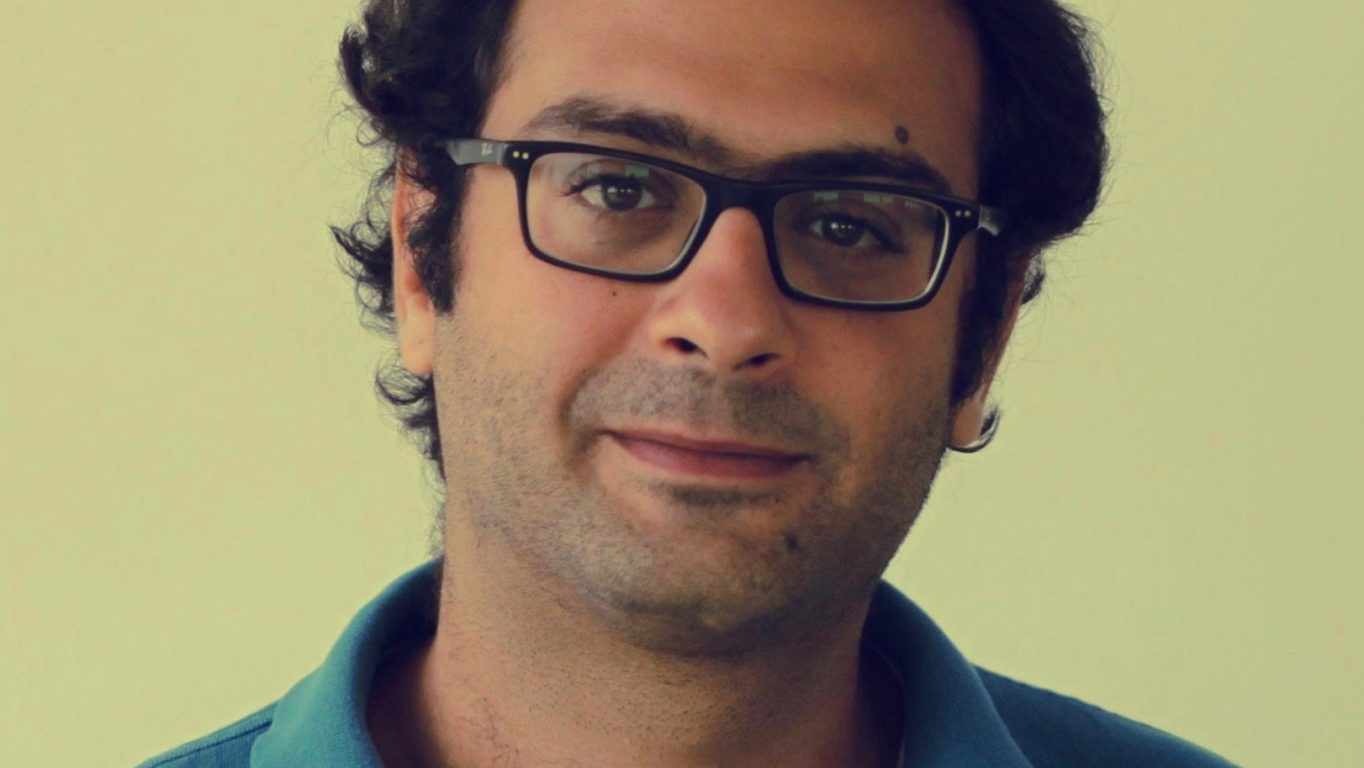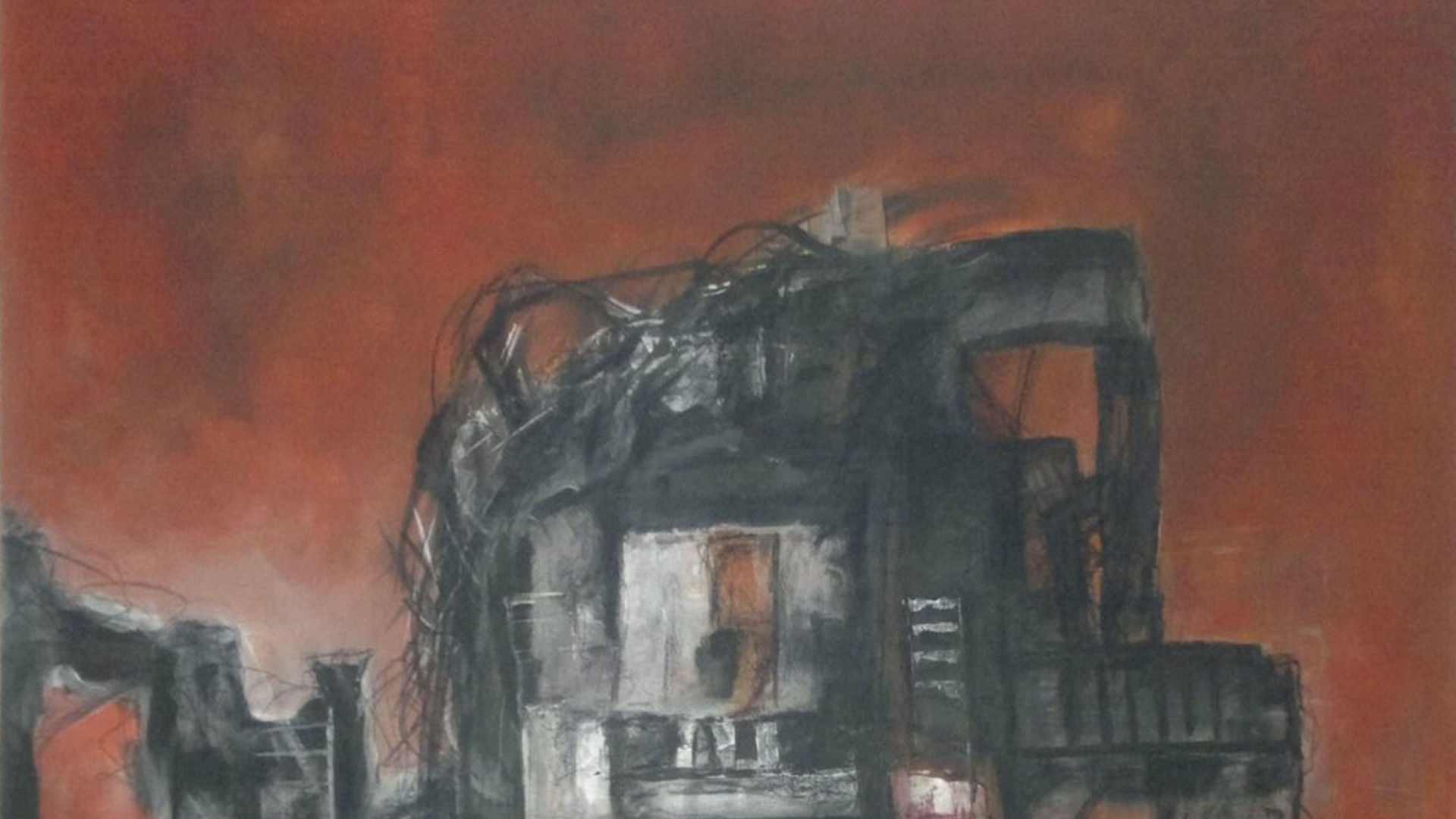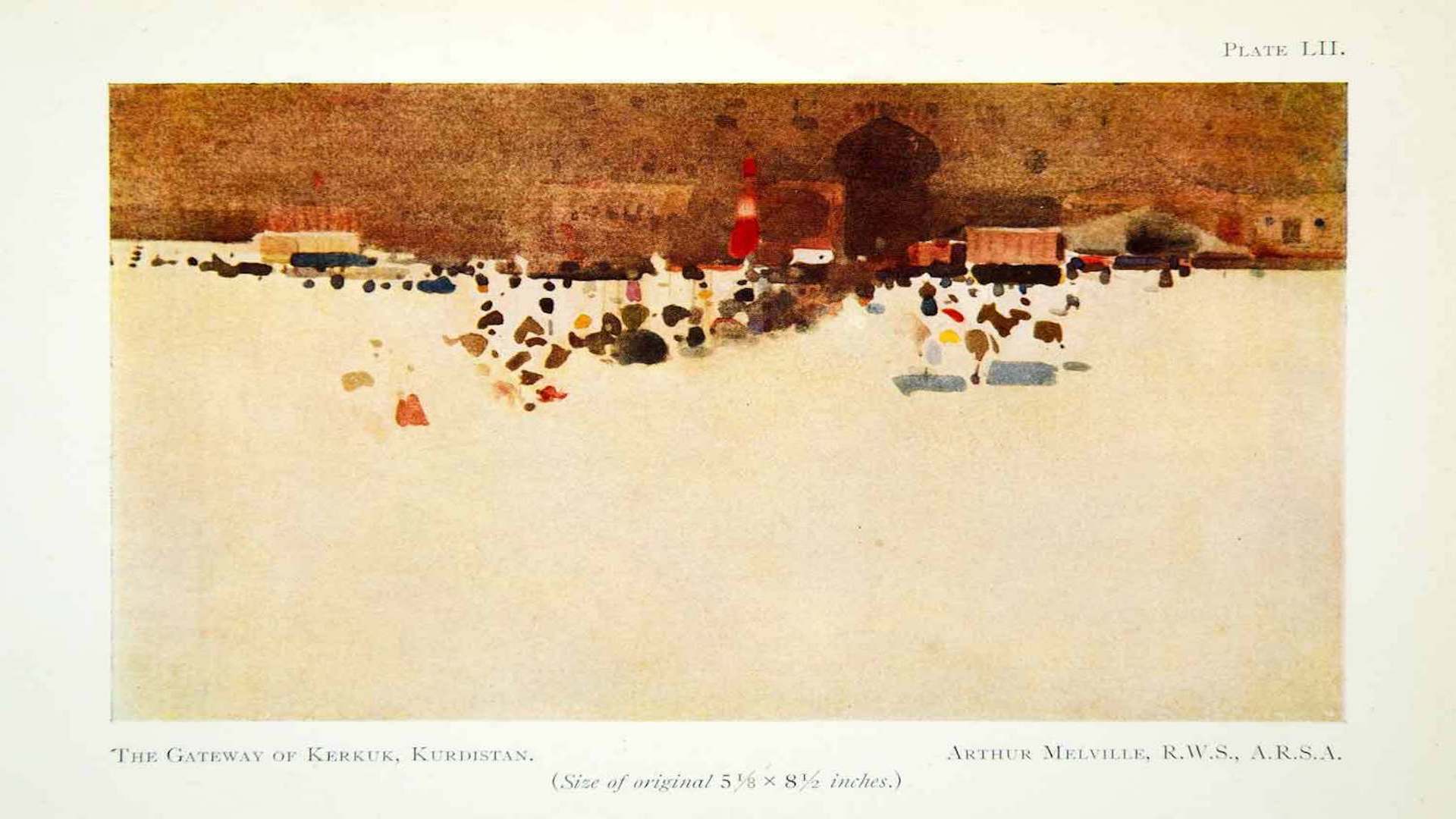In this article[1] we will further explore the identity of what we identified as “independent media in Rojava” in our first and second articles of this series.
Media in Rojava, especially after 2011, had to develop a flexible journalistic identity that enables them to adapt to a particularly complex and uncertain context. In other words, the ways they position themselves in relation to the Kurdish issue, the Syrian conflict and the future of Rojava are responses to the necessity of dealing with diverse regional and local actors and their agendas. Ultimately, this strategy is designed to allow the expression of a Kurdish national identity and to ensure the survival of these media institutions in a future that is difficult to predict. The professional identity of independent media in Rojava, as expressed by their journalists, is based on three main elements:
First, they define themselves primarily in opposition to party media, in particular to those supportive of the PYD. They present themselves as tools for the expression of the civil society movements born in the 2011 Syrian uprising، and the multitude of peoples of Rojava. In particular, they see the process of democratization as one of their primary aims and as the main factor that will enable Kurds to express their cultural identity freely.
Second, they tend to use multiple languages, and especially Arabic, rather than giving prominence to Kurdish. In this sense, they tend to give a higher priority to reinforcing Kurdish and local points of view in multiple publics, and especially the Syrian one, than they do to strengthening the Kurdish identity in and of itself.
Third, they clearly promote a multi-sectarian view of society in Rojava, and they tend to dismiss any reference to ambitions to establish a Kurdish state or even a Kurdish exceptionalism. In this sense, to paraphrase Jordi Tejel, they tend to privilege a Syrian approach to a pan-Kurdish one[2].
Independence from party-linkages
Journalism in Rojava (I): Media Institutions, Regulations and Organisations
29 March 2019
A major point of distinction in the media’s self-proclamation of independence relies on the fact that the PYD de facto controls the territory of Rojava both at the administrative and the military level. As mentioned in previous articles, on several occasions the party exerted pressure on independent media or media outlets belonging to rival parties. In other words, even if the PYD’s political discourse insists on democracy, gender equality and individual and collective freedoms, some Kurds, both in other political parties and in civil society, fear the PYD’s hegemonic aspirations. Moreover, as the president of the European Center for Kurdish Studies Eva Savelsberg argues, Kurdish political parties have historically marginalised many civil society groups, and “have been acting as obstacles, not as driving forces for democratization”[3]. In this context, independent media tend to perceive their role also as watchdogs against the hegemony of political parties and especially of PYD. This is in opposition to party-linked media which, according to Kurdish freelance journalist Mustafa Ebdi, “follow an old approach, without any effort to explore and investigate; the important thing is political loyalties. Reporting what the public says say is less relevant, and they are tools imitating the parties' ideas but with a colourless language"[4].
Independent media stress that they want to represent the “people” of Rojava, in all their different constituents and sects, and support civil society organizations.
Independent media stress that they want to represent the “people” of Rojava, in all their different constituents and sects, and support civil society organizations. As Sirwan Berko, director of Arta FM, puts it: "We have no specific political position. But I have a problem with the fact that in the current situation we have a government made of a made of a single colour. Since the population in Rojava is made of different communities and ethnic groups, they need a government that can represent all of them"[5]. In other words, they stress their role as impartial, democratic media, in opposition to partisan media producing propaganda on behalf of the political parties. Moreover, they believe that giving expression to the local civil society is the only way to reinforce their voice and, by consequence, that of Kurds. In the view of many Kurdish journalists, the establishment of democracy is the more realistic strategy to obtain civil rights for the Kurds in the future, in contrast to other political projects that promote primarily a Kurdish national identity.
Finally, presenting themselves as “professional” and “objective" journalists helps them to defend their autonomy against political parties, as we have seen in the previous article.
Multi-lingual
Journalism in Rojava (II): Independent Media Between Freedom and Control
05 April 2019
Most of the independent media in Rojava do not use Kurdish as the main language. Arta broadcasts in Kurdish, Syriac, Arabic and Armenian. Shar, Welat and Buyer publish in Kurdish and Arabic. Ara News used to publish only in Arabic and English. This choice can appear quite surprising at first glance. After all, shared language is one of the most important components of Kurdish identity, as with any other national identity[6]. In the case of the Kurds, the language acquired even more symbolic relevance after decades of forced privation when Kurdish was completely prohibited in Syria, especially in its written forms and in public spaces.
However, there are several reasons behind this phenomenon. Kurdish journalists often lament the limited pool of writers who can publish in Kurdish. The long years of prohibition under Baathist rule mean that very few Syrian Kurds are educated in Kurdish. This is compounded by the particular impoverishment of the general field of journalism in Syria as a whole. This state of affairs means that, at the outset of the uprising, not only were there only a handful of trained journalists among Syrian Kurds, but also that they were mostly writing in Arabic. As a consequence, according to the Kurdish journalist Farid Edward it is difficult to find people with a good level of reading and writing in Kurdish in Syria
Kurdish language would not enable media to reach a pan-Kurdish audience, given that Kurds are dispersed in a variety of countries.
Moreover, Kurdish language would not enable media anyway to reach a pan-Kurdish audience, given that Kurds are dispersed in a variety of countries, and the language itself has different dialects and scripts. In particular, the linguistic division between ‘Kurmanji’ (the main dialect for Syrian Kurds, written in Latin script) and ‘Sorani’ (the main dialect for Iraqi Kurds, written in modified Arabic script) makes it very difficult to create a cultural continuum with Iraqi Kurdistan, the only other Kurdish region with any level of autonomy. According to journalist Piroz Perik, the lack of a central linguistic authority for the Kurdish language (to align the different dialects) seriously hinders the possibility of successful efforts to revive Kurdish as a literary language in Syria, Iraq and Turkey[7].
On the other hand, broadcasting in Arabic, or in multiple languages, enables these media to target a wider public, both locally and regionally. As some journalists noted, the uprising in 2011 enabled Kurds to make their voice heard both locally and beyond the borders of Syria. This aim is considered as relevant as reviving the Kurdish language among the Kurds, a choice that will inevitably limit their audience
But there are other, less practical, reasons. Avoiding to give prominence to the Kurdish language enables independent media to keep their journalistic identity ambiguous and flexible in relation to the Kurdish issue and its future. In this way, they are not labeled as “Kurdish” and can engage more freely with multiple actors on the economic, political and social levels. This can be seen as both, a response to the inherent instability of the Syrian crisis, and a way to take advantage of it to approach as wide an audience as possible. This response remains useful as the crisis mutates further and regardless of whether the powers on the ground shift or entrench themselves further.
Finally, relying on multiple languages, and especially Arabic, becomes also an essential part of their editorial identity. Independent media are “Syrian media” before they are Kurdish media. If the politics of Kurdish identity always span, as Tejel points out, a range between a “Syrianization” and a “pan-Kurdism”, these media seem to clearly opt for the former. In fact, none of the independent media outlets examined in this study describe themselves as “Kurdish” media first and foremost. In general, all the media prefer to be called “independent” or “community”-based rather than “Kurdish”.
Multi-sectarian identity
The independent media in Rojava clearly rejects practising a journalism based on identity politics and on the prominence of the Kurdish identity. Even if they follow with particular attention and support the war of the Kurdish militias against IS and Turkey, they tend also to give salience to the Syrian conflict and, if they are not anti-regime, they often sympathize with the first waves of the revolt in Syria. Some media, like Ara News, now closed, began as a network of media activists covering uprisings in Rojava and other Syrian regions, similar to many other Syrian independent media.
Moreover, framing the Kurdish identity within a larger, multi-sectarian and democratic Syrian identity is seen by some journalists as a pragmatic and realistic choice. As Piroz Perik of Shar magazine explains: “Every Kurd holds in him a dream of an independent national state for all Kurds [in Syria, Iraq, Turkey and Iran]. However, there are certain political/historical realities that we can’t deny, and thus we turn to other ideals like democratic federalism.”
Advocating a federalist democratic Syria implies a reconstruction of Syrian identity itself, into one that is far more inclusive than its previous incarnation, which privileged Arab nationalism. Indeed, according to Perik, he himself, like many Kurds, are as much involved in Syrian politics as they are in Kurdish politics: “If we have [a democratic federalist Syria], why would Syrian Kurds go through a war with Turkey for a dream of Greater Kurdistan? That would be political foolishness!”. Thus, while nationalistic feelings do exist, independent media opt for more conciliatory approaches to Kurdish issues. They appear to privilege a vision based on a democratic state for all Syrians, instead of focusing on Rojava as a separate political experience.
[1] This article is an abridged version of Badran, Y., & De Angelis, E. (2016). ‘Independent’ Kurdish Media in Syria: Conflicting Identities in the Transition. Middle East Journal of Culture and Communication, 9(3), 334–351. https://doi.org/10.1163/18739865-00903001
[2] See Tejel, Jordi (2006). Les Kurdes de Syrie, de la ‘Dissimulation’ à la ‘Visibilité’? Revue des mondes musulmans et de la Méditerranée. Available online: https://remmm.revues.org/3022.
[3] Savelsberg, Eva (2014). The Syrian-Kurdish Movements: Obstacles Rather than Driving Forces for Democratization. In D. Romano and M. Gurses (eds.), Conflict, Democratization, and the Kurds in the Middle East, pp. 85–107. New York: Palgrave Macmillan.
[4] Mustafa Ebdi, journalist, interview, 26 November 2015.
[5] Sirwan Berko, director of Arta FM, interview, 22 November 2015.
[6] See Sheyholislami, Jaffer (2010). Identity, Language, and New Media: The Kurdish Case.Language Policy 9(4): 289–312.
[7] Piroz Perik, editor-in-chief of Shar magazine, interview, 27 November 2015.






